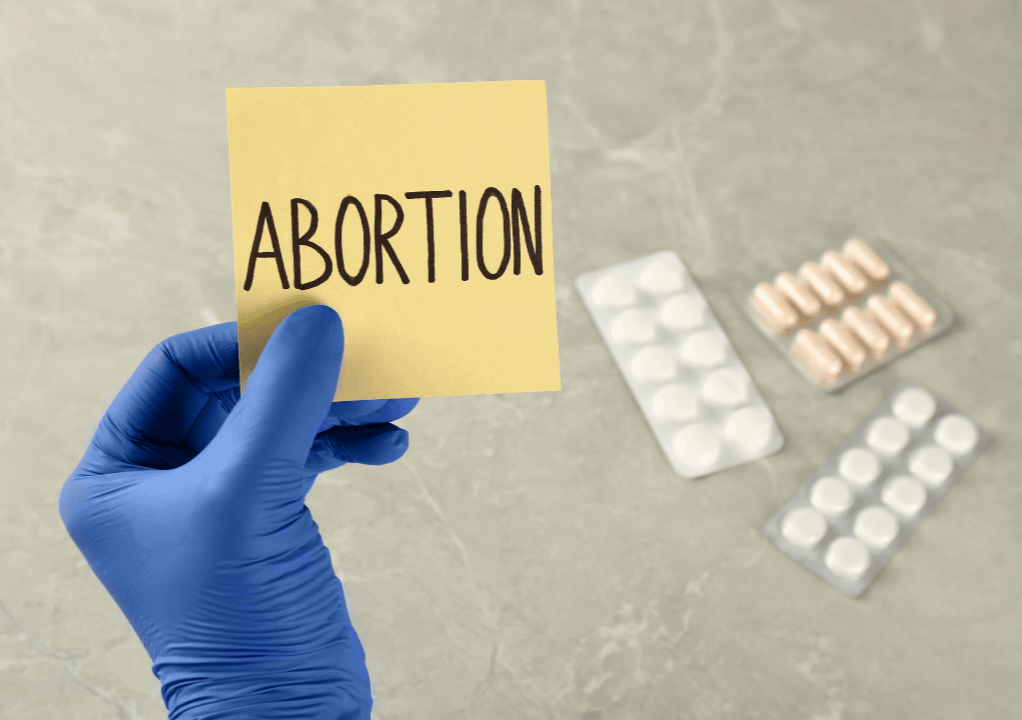
The SHE & Rights initiative marked its first anniversary with a high-level session on the theme “Abortion Rights Are Human Rights,” held ahead of the 80th United Nations General Assembly, World Contraception Day, and International Safe Abortion Day.
The session, co-hosted by a coalition of organizations including the Global Center for Health Diplomacy and Inclusion, International Planned Parenthood Federation, Asia Safe Abortion Partnership, and others, brought together global experts to discuss the urgent need for safe, legal, and accessible abortion care.
Dr Tlaleng Mofokeng, United Nations Special Rapporteur on the Right to Health, stressed that abortion is an essential component of sexual and reproductive health.
“Abortion is health care. Access to abortion is a human rights issue. Full stop,” she said.
Dr Mofokeng highlighted that discriminatory laws and practices not only violate rights but also worsen health outcomes.
“Safe abortions save lives and are central to one's reproductive autonomy and bodily integrity,” she added.
Kelcey Armstrong-Walenczak, Senior Advocacy Manager at CeHDI, emphasised that the right to health is a binding obligation under international law, which requires states to remove barriers, protect individuals from discrimination, and ensure access to comprehensive services.
“Safe abortion care sits squarely within this framework.
Without it, the right to health cannot be fully realized,” Armstrong-Walenczak said.
She warned against the rising anti-rights rhetoric and retreat from multilateralism, which she said threatens public health, deepens inequalities, and costs lives.
Tomoko Fukuda, Director of IPPF for East, South-East Asia, and Oceania, underscored the importance of unity in defending reproductive rights.
“The more we hold hands, the more we come together, the bigger the movement we can be, the louder our voice, the bigger the mark we will make,” she said.
Related Stories
Nelly Munyasia, Executive Director of Reproductive Health Network Kenya, reflected on Africa’s progress and ongoing challenges.
She highlighted the Maputo Protocol, which explicitly recognizes safe abortion as a right, and lamented that restrictive laws and stigma continue to hinder access in countries like Kenya.
Munyasia noted that self-care innovations, including self-administered contraceptives and safe abortion options, have been instrumental in empowering women.
“Self-care is a changemaker because it ensures that self-abortion services can be accessed, reduces costs, and gives women autonomy and agency,” she said.
Dr Mabel Bianco, physician activist and founding president of FEIM, Argentina, recounted Latin America’s decades-long struggle for safe abortion access.
“Not giving safe abortion rights is the State’s violation of women’s rights,” she said.
She highlighted the success of medical abortion, which allows women to decide when, where, and how to terminate a pregnancy safely.
Dr Bianco also called for comprehensive sexuality education and full access to sexual and reproductive health services to prevent unsafe abortions and maternal deaths.
Dr Suchitra Dalvie, co-founder of ASAP, connected safe abortion access to broader social justice struggles. “There is no such thing as a single-issue struggle because we do not live single-issue lives,” she said, quoting Audre Lorde.
Dalvie emphasised the importance of understanding abortion rights in the context of patriarchy, colonization, pronatalism, and systemic inequalities.
“Everyone should have the right to control their body and make decisions free from coercion and violence,” she said.
Shobha Shukla, CNS Founder Executive Director and coordinator of SHE & Rights, reflected on the legacy of the feminist movement and the pressing need to hold governments accountable.
“Abortion is essential, life-saving sexual and reproductive healthcare, a fundamental human right, and central to reproductive freedom and justice,” she said. Shukla warned that a coordinated backlash against reproductive rights threatens decades of progress and urged governments to make abortion safe, legal, and accessible.
The SHE & Rights session emphasised that abortion rights are not negotiable; they are central to achieving gender equality, protecting health, and advancing justice. As Dr Mofokeng concluded, “We wish for comprehensive services for everyone everywhere.”










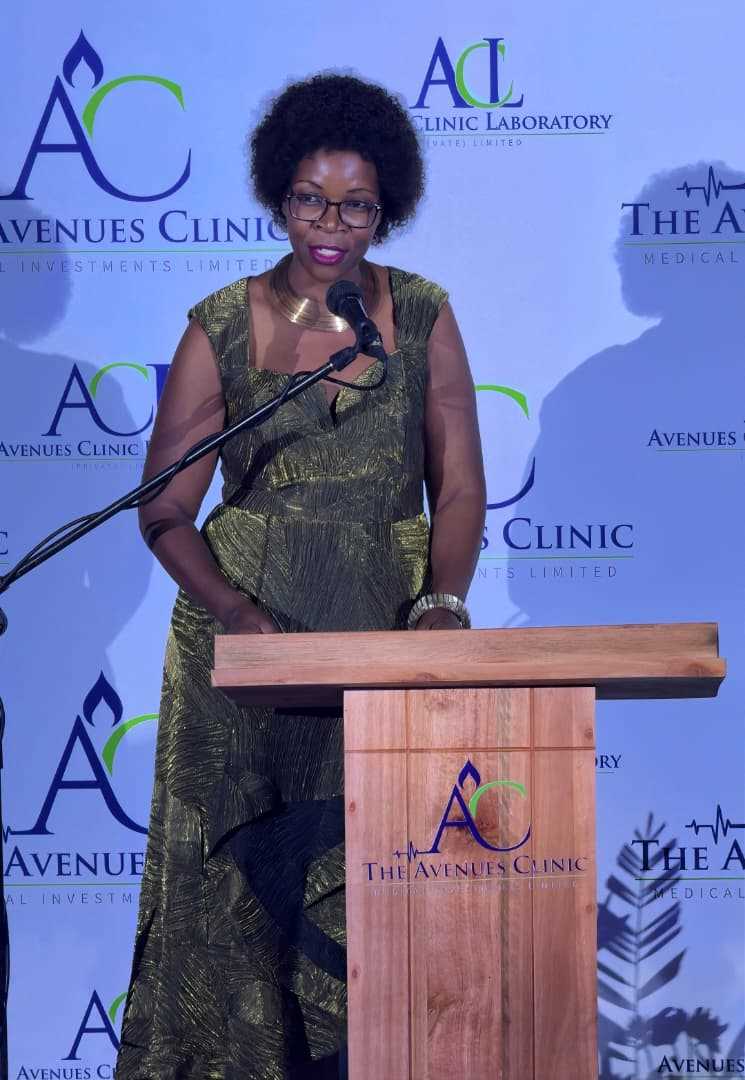

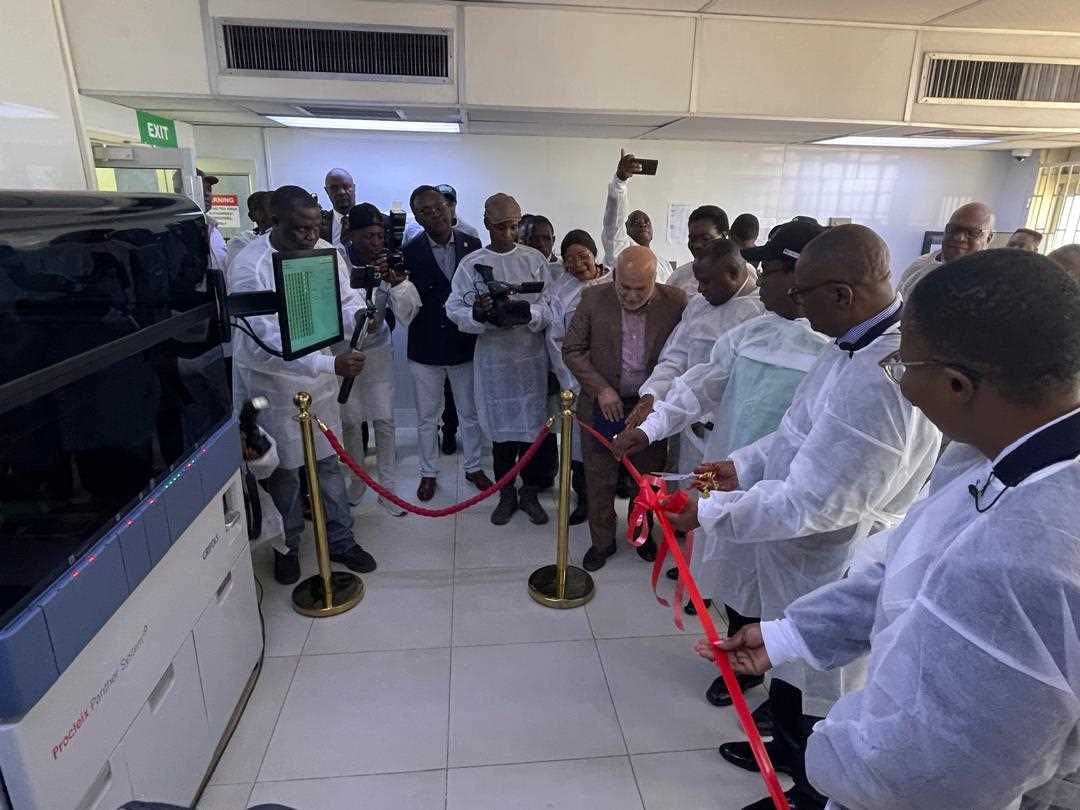

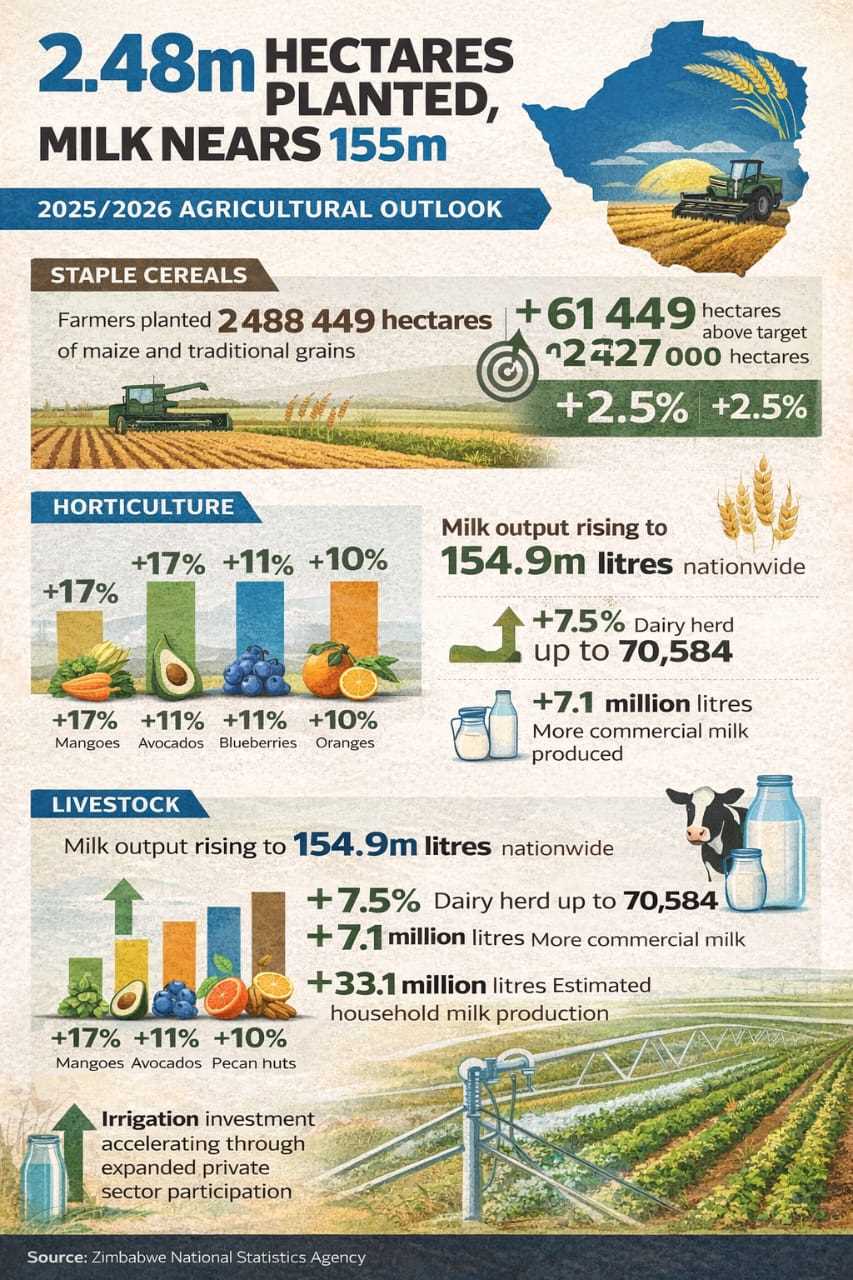

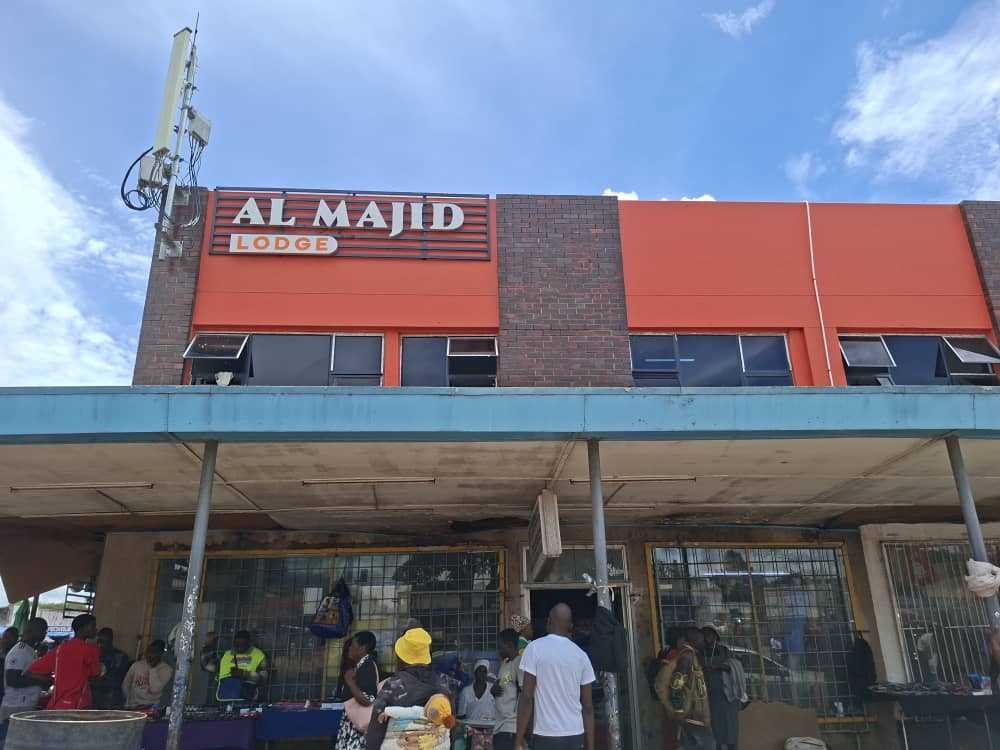


Leave Comments